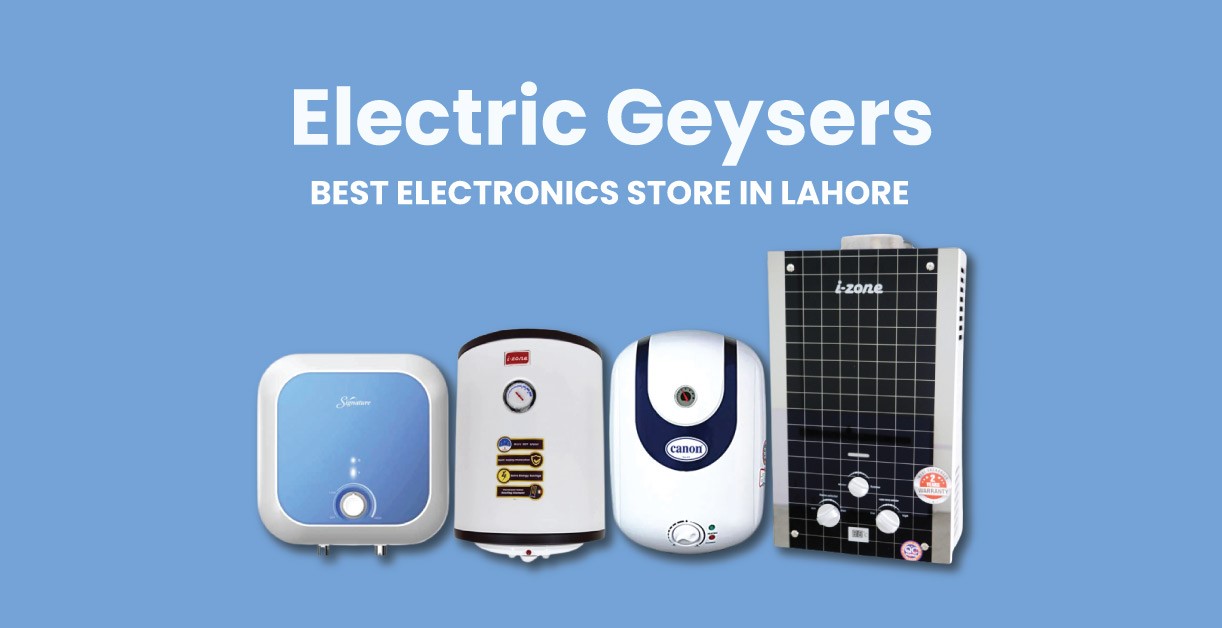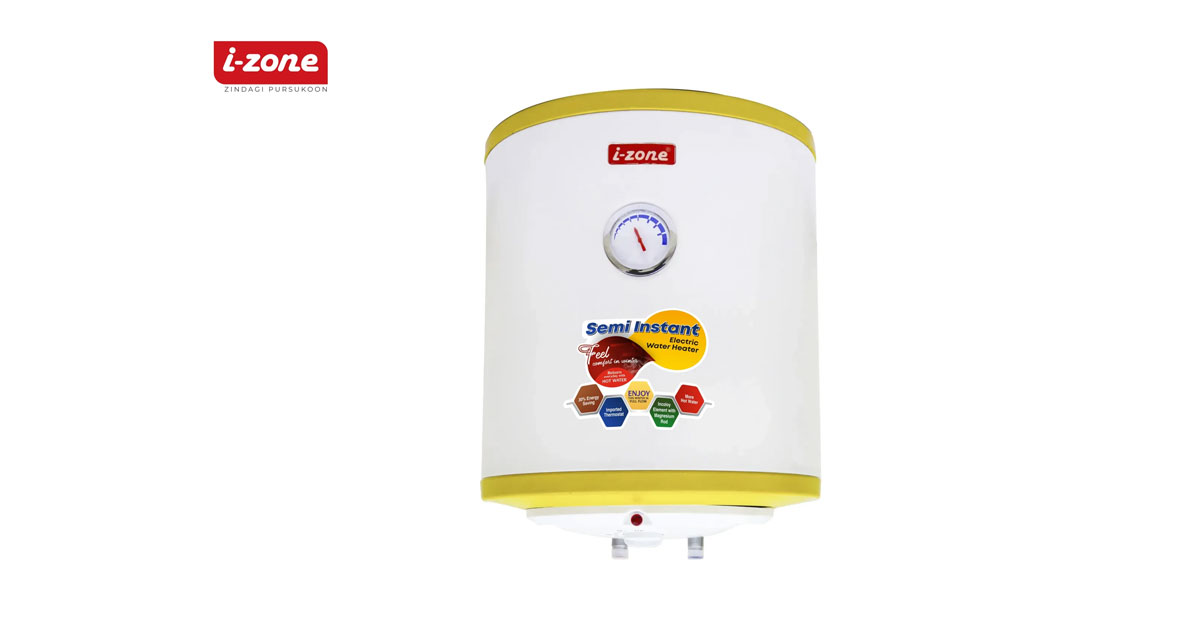The chilly nights and cold mornings in the winter require a geyser to fulfil the desire for hot water; whether cleansing the household or bathing, a geyser holds significance until the summer approaches. The current marketplace offers two predominant types of geysers – gas and electric. Both have pros and cons, and an investment should be made judiciously to satiate ourselves in the long run. We have gathered here to discuss the same, staying connected till the end.
Gas Geyser
As the name infers, the prime fuel source is Liquefied Petroleum Gas (LPG) for disposing heat in the water. A gas heater is divided into two subordinates – an instant heater and a storage heater. A rechargeable battery heats the water and supplies via pipelines in the case of the former. In contrast, a geyser with a large compartment lighting the burner is defined as the latter. Fortunately, the advantages exceed the disadvantages, indicating a positive sign for the potential consumer.
Pros
It has been observed that gas heaters heat water in a couple of minutes. This is why it is suited for meeting instant demands. Besides this, gas is still a cheaper fuel source globally, and fewer overheads create a win-win situation. Regardless of any electricity breakdown, gas geysers do their job, and the fewer maintenance costs add a cherry on top. As far as the budget is concerned, the appliance is cheaper than its counterparts and can be easily purchased from multiple retail channels.
Cons
On the contrary, gas geysers may dispose of vast amounts of carbon monoxide, a poison that must be away from the reach of small children. Several incidents have occurred where a gas geyser accidentally bursts out due to spillage. The more complex installation process and health risks prove to be a setback.
Electric Geyser
A copper coil is a primary heat source for the water in an electric geyser. Electric geysers are generally suited for individuals or small families and can be fitted near the water source. Likewise, electric geysers are divided into instant and storage geysers – the former is operated via adjustable thermostats, whereas the latter has considerable space and preserves for subsequent use.
Pros
Electric geysers are compact, and this makes them easy to handle. The appliance can be fitted in any part of the household; therefore, freedom of choice is created. Thanks to modern-day technology, wireless connectivity helps monitor on the go. The most significant societal advantage is environment-friendliness; electricity disposes no carbon monoxide and maintains a positive environment.
Cons
However, an electricity source is inevitable for operating the appliance. The most significant disadvantage is the cost; the spike in global energy prices is a major drawback and creates a gap between buyers and sellers. In addition, voltage breakdowns may negatively impact aggregate performance, whereas several short circuit incidents have been reported globally. Either way, careful use is a must step.
Conclusion
We reach an end here. Geysers provide us with comfort during unbearable temperatures. Purchasing before the season may result in huge savings due to less demand. It is essential to explore a reliable dealer with warranty claims, after-sales service, etc., to make the investment worth it in the long run.








